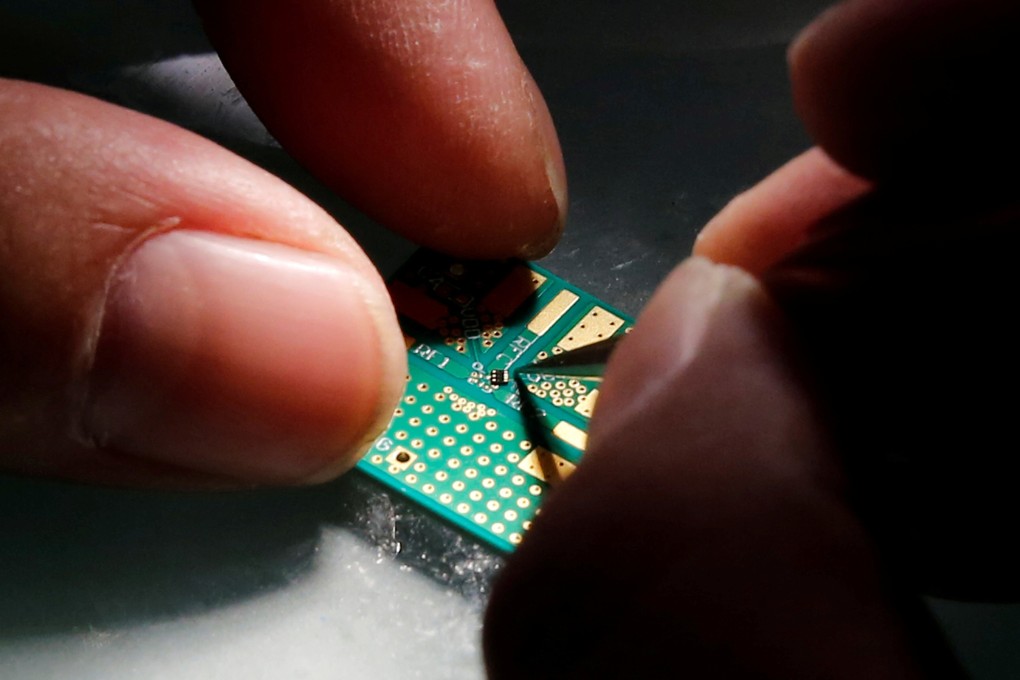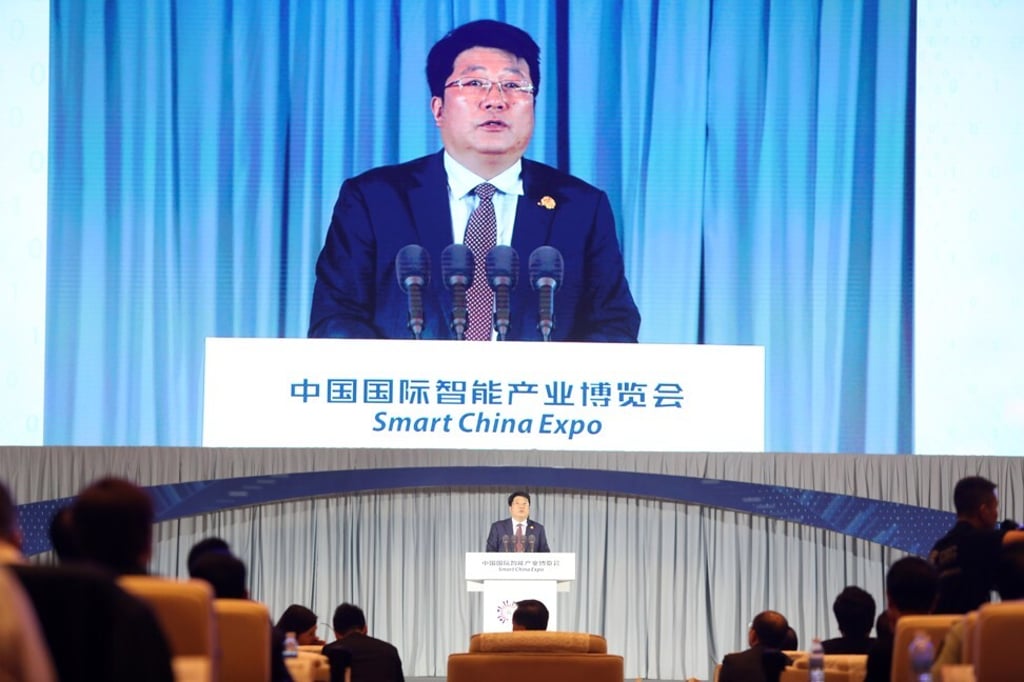China’s would-be chip darling Tsinghua Unigroup bedevilled by debt and bad bets
- Unigroup has now either defaulted or had cross-defaults triggered on seven onshore and offshore bonds worth about US$3.6 billion
- The state-backed conglomerate has warned it may not be able to make upcoming bond payments

The state-backed conglomerate, which has warned it may not be able to make upcoming bond payments, had some US$31 billion in debt as of late June, more than half of which was due to mature in a year’s time, filings show. In contrast, it had roughly US$8 billion in cash and cash equivalents.
Unigroup’s efforts to raise more capital have, however, been stymied by the university’s attempts to offload its stake, in line with a change in government policy in 2018, which called for higher education institutes to divest their business holdings.
Many banks have been reluctant to lend money because Unigroup may soon be without its parent company, but at the same time, it cannot easily find a new strategic investor due to its heavy debt load, said a source with knowledge of the matter.

Some attempts to sell the university’s stake to local authorities, such as the Shenzhen government, have fallen through, according to public filings. Sources familiar with the matter said Unigroup is continuing talks with other local governments about potential investment.
